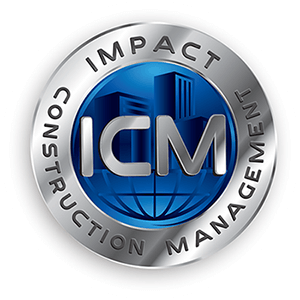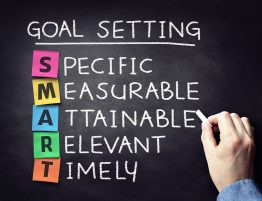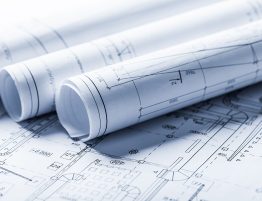
In a perfect world, every project would go exactly as planned, and cost exactly as much as we budgeted for, with no surprises. But in the real world, we know that unexpected events can throw our plans for a loop – along with our bottom line. This doesn’t have to be bad news. In fact, with the right plan in place, you can deal with unexpected expenses, changes in the schedule, and all the other unknowns without sacrificing your financial plans.
- Plan and Prioritize
You know that one of the first steps of any project is making a budget. And, as with everything in the project management world, you can’t skimp on the details!
One of the biggest factors that goes into your budget is understanding which parts of your project are the highest priority for your build. This is the perfect opportunity for you to decide what your biggest goals are. Which parts of the design matter the most to you? Which parts are you willing to change or give up for the sake of staying on-budget? Open a dialogue where your team can discuss their options and determine exactly what your priorities are, and reassess your goals periodically to make sure these are still the priorities you want to pursue.
It’s crucial to remember that, even with the best plans, there will be unforeseen circumstances that will eat up part of the budget. You might be forced to delay some construction due to inclement weather, or a vendor may raise the cost of their materials. Keeping some extra money available for these unplanned expenses will save you even more money in the long run.
- Be realistic.
You understand how important it is to create a detailed budget. But as you watch those numbers add up, you might begin to look at areas where you can save costs. It makes good financial sense to stretch your budget as far as it will go. However, it’s also important to set reasonable budget goals that reflect the true cost of everything your project needs.
Your team is relying on your expertise to plan a realistic budget that accurately reflects what they will be spending and what they be receiving in return. Using higher quality materials often means spending more to acquire them, and you know all too well that spending more upfront can save you both more money and extra time down the road.
But in order to gain a more precise view of the big picture, you need create relevant KPIs for your project – estimate your Actual Cost, Cost Variance, Earned Value, Planned Value, and ROI as part of your initial budget planning, and be prepared to review them with your team as needed. Fewer surprises mean smoother sailing for you and your team members, along with a necessary understanding of how your budget will be spent.
- Keep your finger on the pulse of the project – and communicate accordingly
The initial budgeting phase is over, and now you need to prepare for budget maintenance for the duration of your project. It’s critical to keep your finger on the pulse of your project’s budget throughout the entire build.
For instance, you may be planning to install the wiring for your building when the city informs you that you need an additional permit before continuing your work. You budgeted for these kinds of surprise expenses, but you may also need to rework the budget in other areas of the project. Go ahead and take the steps you need to adjust your budget and KPIs accordingly – that way, you have a realistic view of what the rest of your project will look like financially.
As an experienced member of your industry, these types of setbacks may not phase you anymore. However, this does not mean you can stop communicating about the progress of your project. It is important that you always communicate with your team and vendors about any anticipated changes to the budget, and give them the opportunity to ask questions in order to have a solid understanding of how this factors into their roles. By keeping your people updated on delays or additional costs, you will create a solid business relationship that establishes you as trustworthy and efficient.
About Impact Construction Management
Headquartered in Indianapolis, Indiana, Impact Construction Management is a full-service construction management firm. Founded by Louis Buonaiuto and Richard Bowlin, Impact Construction Management has been managing construction projects for clients throughout the Midwest and South for over 10 years. From our very first project to today, our focus has been on delivering the results our clients want by providing responsive service, up-front pricing and the highest-quality workmanship.









Write a comment:
You must be logged in to post a comment.